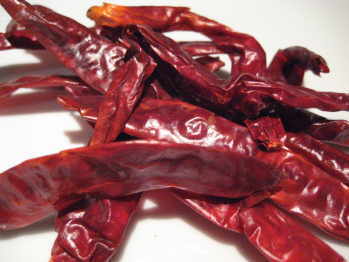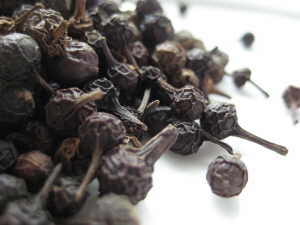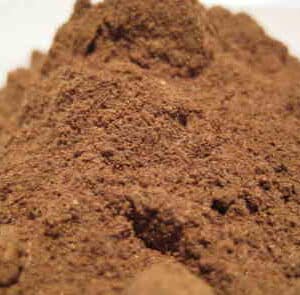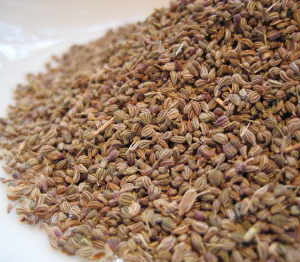Chillies, come in all shapes, sizes and colours ranging from tiny pointed extremely hot, birds eye chilli to the large mild fleshy peppers like the anaheim. Indigenous to Central and South America and the West Indies. They have been cultivated there for thousands of years before the Spanish conquest, which eventually introduced them to the rest of the world.Not all dry and store well so the range available is smaller for the dried product than the fresh.
Mexican cooking is one of the worlds oldest cuisines, the explorers of the New World brought back tomatoes and peppers, red hot chillies, avocados, various beans, vanilla and chocolate, these flavours were to change the flavours of Europe.
Today there are probably 400 different chillies grown, and they are one of the most widely cultivated crops now grown from the Far East, China, Japan, Thailand and Indonesia to India to Mexico.
Some of the more commonly available fresh chillies include jalapeño, serrano, poblano, yellow wax, birds eye, habarnero and cayenne.
HISTORY
Chilli Heat:
In 1902 Wibur Scoville developed a method for measuring the strength of capsaicin in a given pepper, which originally meant tasting a diluted version of a pepper and giving it a value. Nowadays it can be done more accurately with the help of computers to rate the peppers in Scoville units, which indicate parts per million of capsaicin.
The fiery sensation of chillies is caused by capsaicin, a potent chemical that survives both cooking and freezing, but apart from the burning sensation it also triggers the brain to produce endorphins, natural painkillers that promote a sense of well being.
The Scoville scale begins at zero with mild bell peppers and moves to the lower range of peppers measuring 1,500 to 2,500 such as cascabels, four out of ten. The Jalapeño is mid range at about 2,500 to 5,000 Scoville units. The eight out of ten chillies such as cayenne, aji and pequin will rate about 30,000 to 50,00 units, while the habernero which rates as one of the hottest comes somewhere between 100,00 and 500,000 units. There are hotter chillies – The Naga for instance!
| Country of Origin | India |
|---|---|
| Batch Code | RD2265501 |




